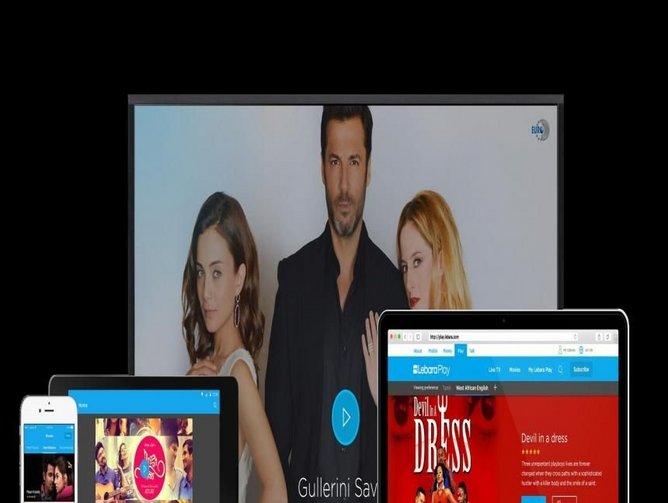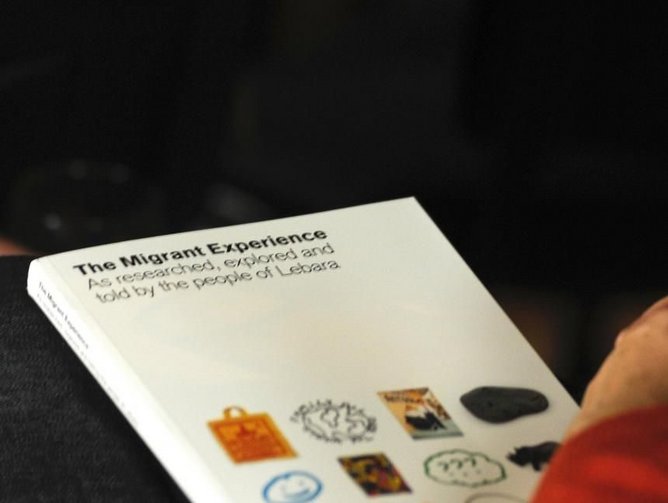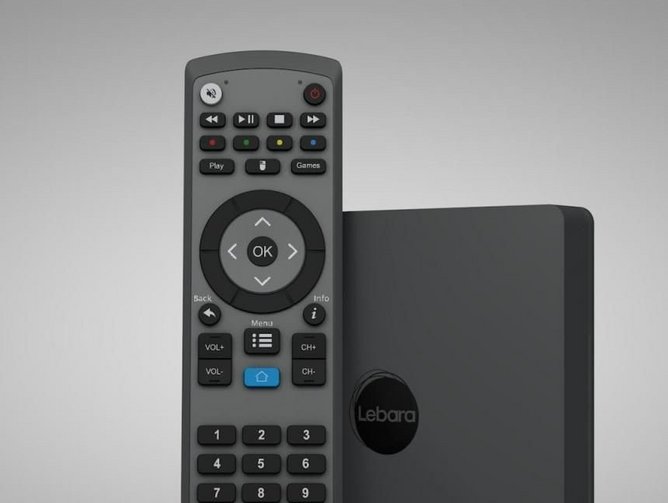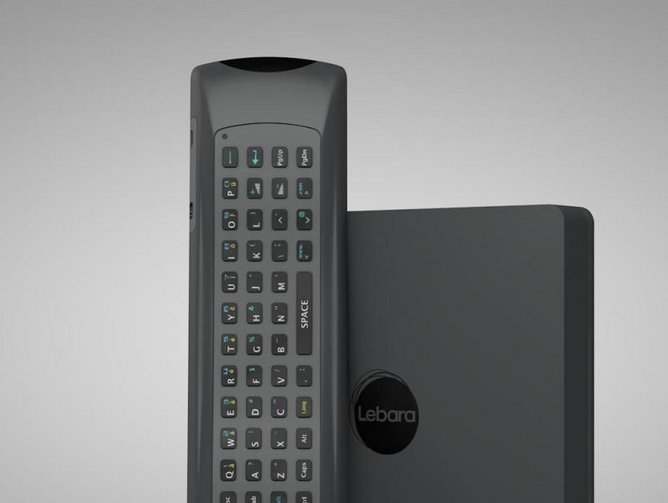Richard Bastin is the CTO responsible for group technology at Lebara, having joined in 2014 to drive the digital revolution of the business. Lebara began in 2001 as a calling card business; customers would buy the cards from shops, and the company would earn a small commission. That worked well for three years, then Lebara decided to begin operating as a mobile virtual network operator, or MVNO. An MVNO sits between a standard mobile network operator (an MNO) and the customer, allowing cheap international calls – with the aid of the MNO’s technical infrastructure – aimed at the migrant community. “The ability to call home cost-effectively was the inspiration for the company. Lebara’s co-founder would call his mother in India, and would use up his monthly call allowance in the space of three minutes,” Bastin explains. “Making international calls is much cheaper now, and that’s thanks in part to Lebara.”
Bastin explains how a Lebara call works: “The UK customer will have a specific Lebara SIM card, and when they make a call, it goes over the MNO’s radio mast network. The MNO will detect that it’s a Lebara customer and direct the request to Lebara to check if the customer has a balance. If the answer is yes, the call continues, and Lebara seamlessly carries the voice traffic over its network of 100 carriers across the globe. That means we can offer a low-cost alternative to traditional networks, and it’s a system that has proven successful for us for over 11 years.”
Lebara’s features
One of Lebara’s most successful new products is Lebara Talk, an app that makes international calls and messaging even simpler. But with free services like Skype and Viber battling for supremacy, what makes Lebara different?
“It comes back to our customer base,” Bastin says. “For Skype and Viber to work you need a smart device at both ends. Many of our customers will be calling someone who may only have a standard landline, and therefore can’t take advantage of smart features. We also have a well known brand and loyal customer base, who use Lebara in preference to other apps because they can still maintain contact in a cost-effective manner.”
Talk was the first of Lebara’s new digital product to be released. It was launched in 12 countries in early 2015, and current Talk customers are reaching as far apart as south-east Asia and North America. Digital technology has made the transition from a Europe-based company to a global company far simpler than in previous years, with Lebara in control of the pace of change.
“If we wanted to launch in a new country with an MNO partner, it would typically take many months because of all the new technology and complexity involved. We managed to break into 12 countries in the space of a few weeks, which you can only do on a digital platform by downloading straight from the app store.”
Lebara hasn’t stopped at simply enabling better communication. Its next product, Play, is an entertainment platform and is similarly inspired by the ever-growing migrant community.
“Our ambition is to launch multiple products to the migrant community, that enrich their lives. We set ourselves some challenging goals, and Play is something completely different to anything Lebara had done before. It connects customers to home, with a rapidly growing fully-licensed catalogue of over 3,000 films and 150 TV channels so that they can view real content legally from home, rather than being limited to only what is available in their new country. We already have many thousands of our customers using the service, and we’re delivering over a petabyte of content a month through the Amazon platform.”
Relationship with customers
Lebara has another unique way of managing its relationship with customers and ensuring their loyalty – by employing many members of its target market.
“A large percentage of our employees are migrants, meaning we have a huge wealth of experience to draw on. We have internal focus groups and an excellent customer service team which talks to customers regularly; that all feeds into our product development cycle, which we run in an agile way. We make it very clear to potential employees that this isn’t a normal telecommunications company. Every employee goes through an induction programme that explains to them the company’s vision, and what we are achieving with this multi-product future for the migrant community.”
Lebara allows staff to tests its products in-house, encouraging honest feedback. The loyalty of Lebara’s customers – and alongside that, employees – is rewarded, as it offers preferential treatment to those who remain with them.
“Once we have all the feedback we need, we get our products together and make sure they work in harmony so that our customers can benefit from using more services. In the mobile space they’re called ‘bundles’. It might mean that customers gain additional minutes if they’re using one of our other products, and that can work either way. A migrant will go through a journey of their own as they settle in a new country, and we want to be able to keep delivering new products and services to them so that Lebara continues to help them in their everyday lives. It’s important to have a holistic view of the customer, which we’ve done by extending our systems in this way.”
The future for Lebara
Lebara is aided in its quest to supply its target community by its major partners, including technology and communication giant Sasken. “Sasken has been instrumental working with Lebara, to optimise the way we work with our MNO partners. By leveraging the power of data science and predictive analytics to mine data for actionable insights, Sasken has added tremendous value by helping us to bridge the supply side with customer demand, adding significant savings to the bottom line. Sasken is working with us in bringing out further improvement to our business intelligence systems, and developing enterprise tools that are vital to our business needs, as we prepare ourselves to leverage the power of analytics on a broader scale for business success.”
This approach makes Lebara a formidable force. Larger companies offering similar services simply do not cater to the niche and complex global market Lebara has cornered: “The larger players are focussed on the national audience. Netflix is the natural parallel to our Play product, but we’re going the other way; selecting high-quality content from Bollywood, Nollywood and Eastern Europe to offer to our customers around the world. Catering to migrants is something very few businesses do, but we understand it very well and will continue to deliver on it.”
The business plans to expand even further by introducing a financial services product. “The first one off the production line will be a remittance product which allows our customers to pay bills and send money home to their loved ones.” With its core customer base hailing from Asia and eastern Europe, this is another feather in Lebara’s cap aimed at making everyday life easier for its migrant customers.
Progress has proven swift for this relatively young company, and Bastin attributes that to the vision of the businesses founders. “The founders are still very much part of the business” says Bastin. “Lebara is 100 percent privately owned. It’s not easy to change a company, but the founders have set a vision, funded it, and driven it through. They have a compelling strategy powering the team to drive effective delivery for global growth.”





